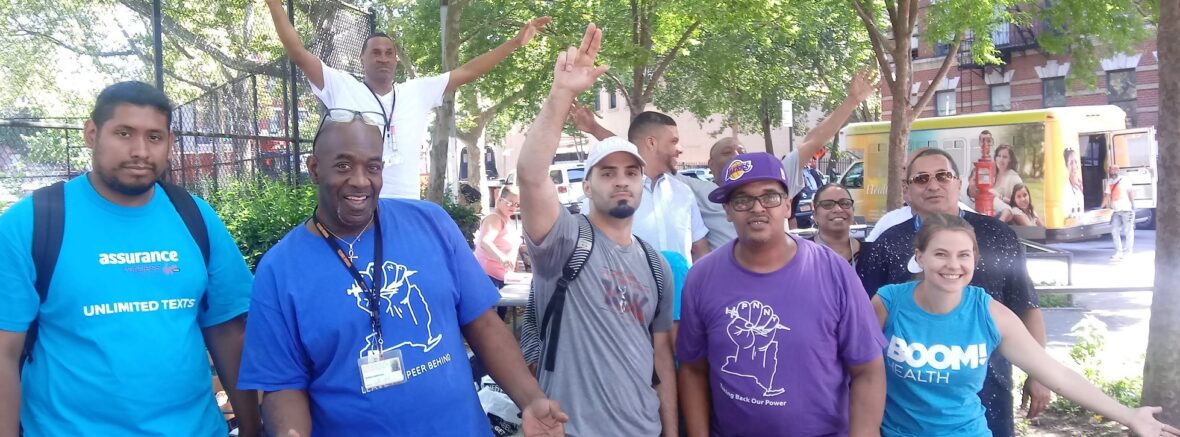Bronx Opioid Collective Impact Project featured in Crain’s Health Pulse Newsletter
By: Jennifer Henderson · Health Care Reporter | October 13, 2020
Outreach workers with the Acacia Network’s Bronx Opioid Collective Impact Project say they have been intervening in even more opioid-related incidents in recent months.
Even before the pandemic, data from the state Department of Health showed that opioid overdose deaths increased 200% between 2010 and 2017, and that the Bronx was among the areas with the highest rate of opioid abuse and overdose deaths.
Now, public health experts have warned that the two health crises will collide as a result of new stressors induced by the pandemic.
Mayra Herrera, director of the Bronx Opioid Collective Impact Project, doubled down on that concern.
“There was a very, very high need,” Herrera said of the opioid epidemic’s effect on Bronx neighborhoods before the Covid-19 crisis.
Acacia, a nonprofit provider of integrated, culturally responsive services, launched the Bronx Opioid Collective Impact Project in 2018 with funding from the City Council. Its workers conduct regular outreach in the borough that is focused on free Narcan overdose prevention training, syringe exchanges, and referrals to social services and health programs.
To date, the project has distributed some 74,000 clean syringes and 32,000 harm reduction items, such as safe injection accessories and wound kits. It has picked up nearly 12,000 used syringes from parks and around schools, among other areas, and provided about 600 Narcan training sessions for administering the overdose-reversal drug.
But the fear is that new stressors, concerns over access to care, and municipal budget cuts as a result of the pandemic could affect some of the progress that’s been made, Herrera said.
“We see the change and impact in the community,” she said. Visible drug use and drug-related waste in public places have increased, she added.
To help offset some of the strain, Herrera said, the project is continuing to focus on partnerships with community-based organizations, training for local business owners in administering Narcan, and screening individuals for mental health conditions that may be exacerbated by the pandemic.
As for opioid treatment programs across the city and state, they have increasingly turned to telemedicine and take-home doses of drugs for medication-assisted treatment in recent months in response to an uptick in overdoses.

